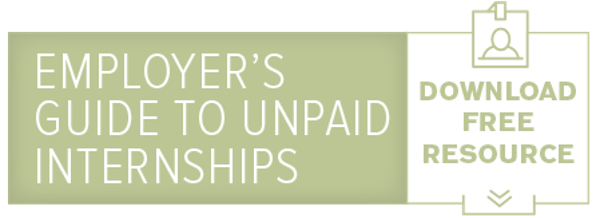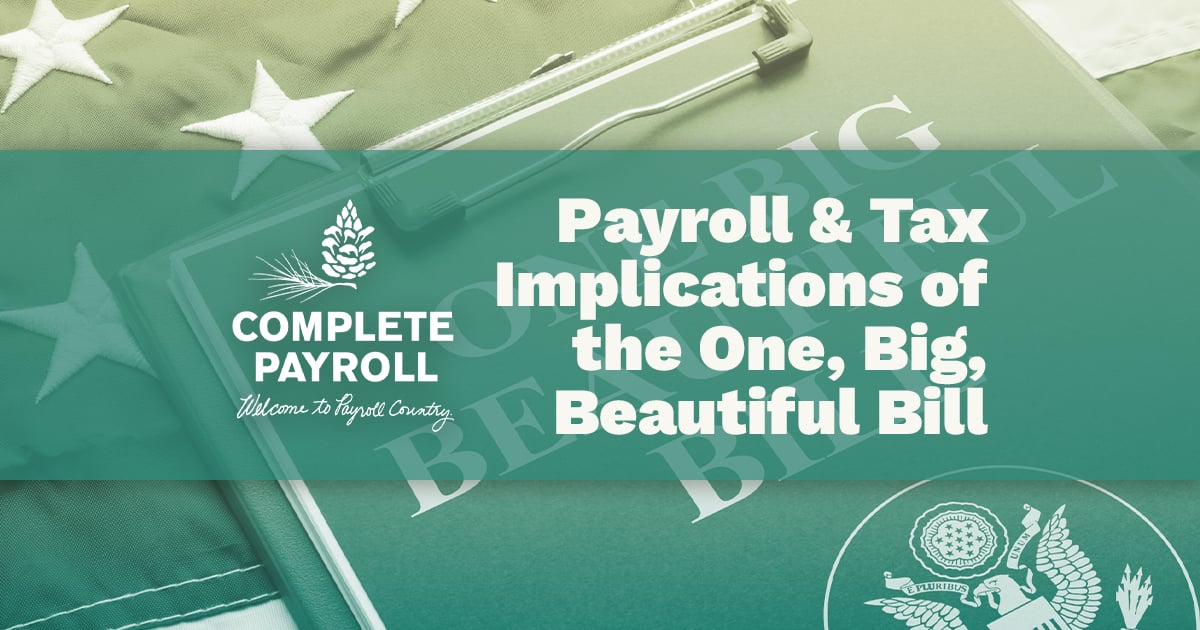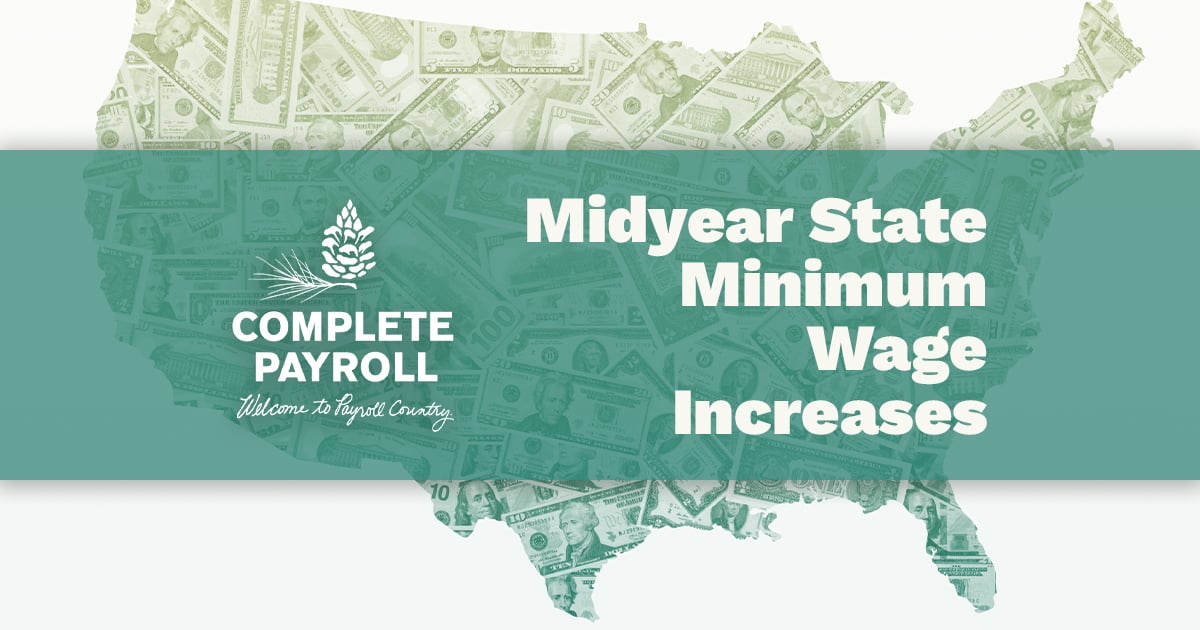If you're hiring an employee, or think you might be soon, check out our comprehensive resource page, Employee Onboarding - A Complete Guide. This is a handy, tightly-packaged outline that presents all the critical hiring and onboarding elements in simple, chronological order.
.webp?width=600&height=400&name=Best%20practices%20for%20hiring%20unpaid%20interns_11zon%20(1).webp)
As we previously wrote about, every employee in the United States of America is entitled to minimum wage, overtime pay and other benefits - according to federal law, the Fair Labor Standards Act.
But there is one exemption - for people who work for their own personal advantage, rather than that of their employer. There's a 6-part test that employers can meet that would make them eligible to not pay their interns, which we explore in more detail here. This article will focus on best practices for organizations that choose not to pay their interns.
If all six conditions are met, a company may be able to classify the worker as an unpaid intern. Keep in mind, however, that this is a very high bar to meet. More often than not, the work done by an intern benefits the employer. Consequently, it’s often safest to simply pay minimum wage and overtime (if applicable) to interns.
If you're bringing on unpaid interns
If you decide not to pay interns, we recommend doing the following to help ensure that the internship benefits the intern and not your organization:
- Teach skills that can be used in multiple settings, not just your work environment.
- Design interns’ tasks and activities to give them substantial, real-world experience.
- Allow them to have time where they may job-shadow and aren’t expected to do any work.
- Provide the intern access to relevant speakers, presentations, and on-the-job trainings.
- Require that student interns receive college credit for their participation.
- Limit their administrative tasks and don’t allow them to assist customers.
- Do not allow an intern to supervise other interns or employees.
- Do not use the internship as an “introductory period” as this will make the internship appear to be employment.
- Create a written agreement with a finite duration specifying that the internship is primarily for learning.
Potential risks
If a court or government agency decides that the work of unpaid interns qualifies them as employees, the company could face penalties that include owing back pay, taxes not withheld, Social Security, unemployment benefits, interest, attorneys’ fees, and liquidated damages.
Recent high profile cases underscore the seriousness of this matter: NBC settled an unpaid interns’ class action lawsuit for a reported $6.4 million; Fox Searchlight was unable to defend their internship program in a 2013 case; Condé Nast shut down its internship program and paid $5.8 million to about 7500 former interns at publications like Vogue, Vanity Fair, and The New Yorker. Such cases and the developing case law are leading many employers to abandon unpaid programs and pay minimum wage to interns.
In the non-profit and government sectors, the incentives to pay interns are not so strong. The Wage and Hour Division recognizes an exception to the employment relationship for individuals who volunteer their time, freely and without anticipation of compensation for religious, charitable, civic, or humanitarian purposes to non-profit organizations.
Non-profits
Interns at a non-profit should have clear volunteer agreements. Some non-profits wish to pay a “stipend” to such interns, but as a stipend is compensation, organizations that use them need to make sure their interns do not qualify for minimum wage. It is safer to treat an intern as an unpaid volunteer than to pay a stipend which doesn’t meet minimum wage requirements. In the event any payment is made by a non-profit to an intern, the safest course of action is to pay minimum wage and overtime, if applicable.
Other considerations
Another consideration to make regarding unpaid internships is that, aside from legal considerations, these internships are usually only available to those students who can afford to take unpaid work. Not paying interns furthers a system of privilege. Providing payment, on the other hand, allows access and opportunity to a wider variety of individuals.
Lastly, one other important item regarding the intern relationship is to consider the scenario of an intern being injured in your workplace. Some courts have ruled that a paid or unpaid student intern providing services to an organization is generally considered to be an employee of the organization and should be covered under the organization’s workers’ compensation insurance policy. Therefore, we recommend contacting your workers’ compensation carrier and requesting that the intern be added to the policy. While an intern agreement may contain a release for workplace injuries sustained by the intern, some courts have not recognized such agreements as legally binding. Therefore, we strongly recommend including the intern on the company’s workers’ compensation plan.

















 Get Instant Blog Notifications
Get Instant Blog Notifications


